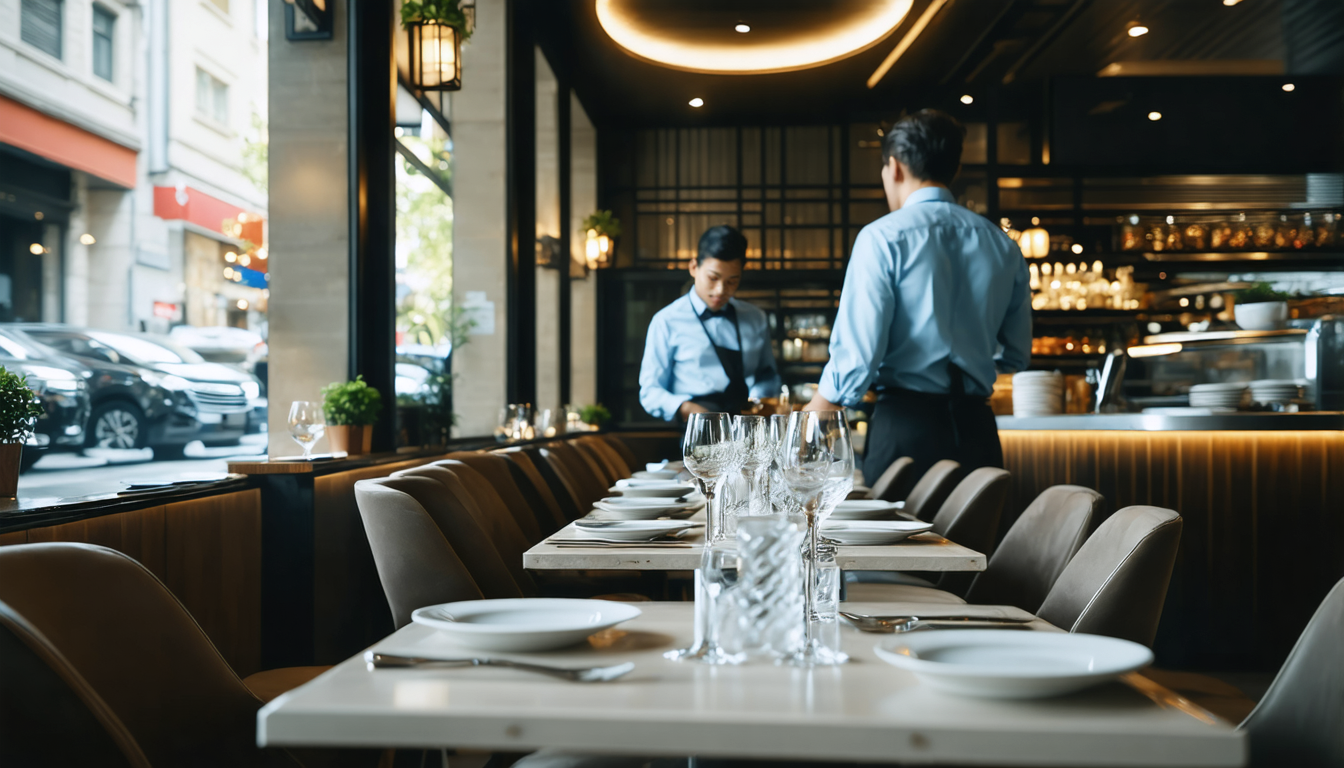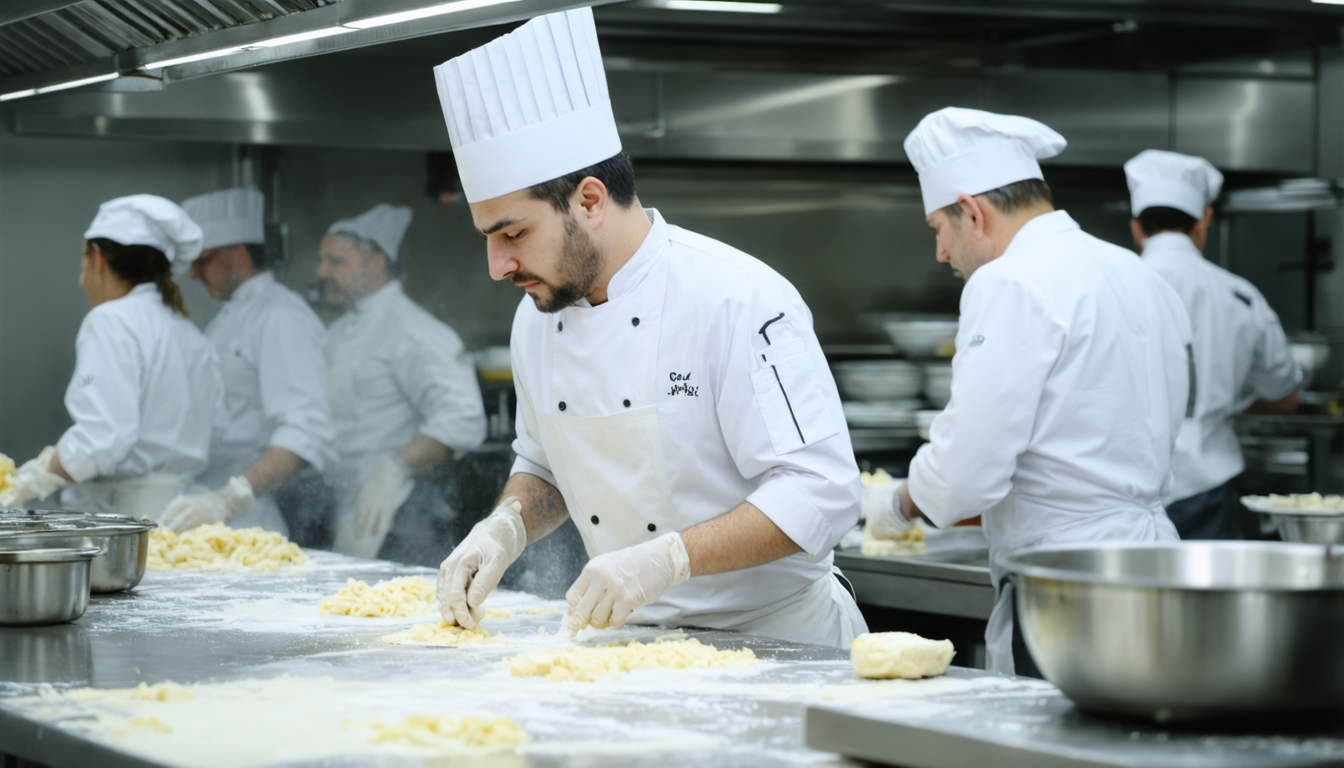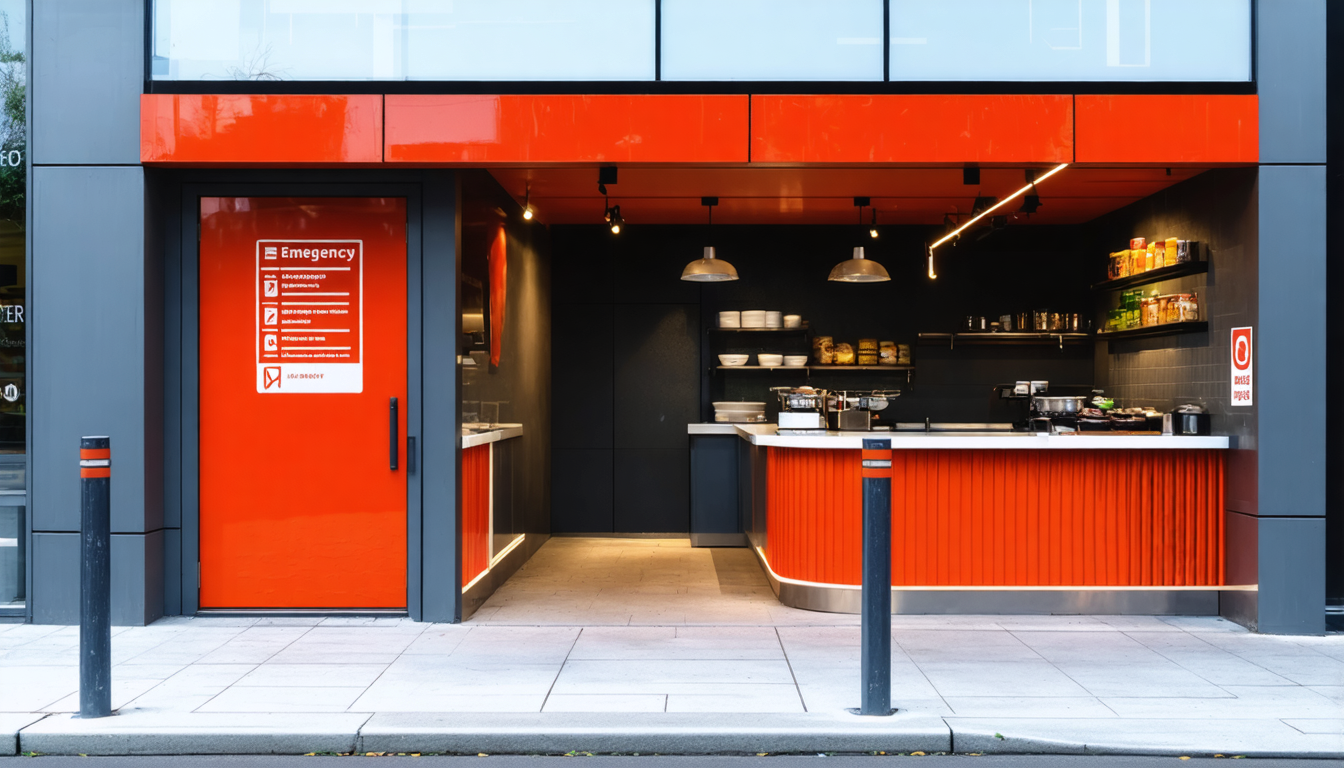- Understanding Restaurant Liability Insurance
- The Scope of Coverage Provided
- Why Liability Insurance is Essential for Restaurants
- Key Risks That Liability Insurance Mitigates
- Legal Requirements and Industry Standards
- How Liability Insurance Helps with Customer Incidents
- Handling Foodborne Illness Claims
- Protecting Your Business Assets and Reputation
- Cost Factors and Policy Options
- Steps to Choose the Right Coverage for Your Restaurant
- Conclusion
1. Understanding Restaurant Liability Insurance
Restaurant liability insurance is a type of coverage designed specifically for food service establishments. This insurance protects business owners from claims arising from accidents, injuries, or damages that occur inside or around their premises.
With a policy in place, restaurant owners can mitigate the financial risks associated with lawsuits, medical bills, and other legal costs that may otherwise cripple a business.

2. The Scope of Coverage Provided
The scope of restaurant liability insurance is broad. It can cover everything from bodily injury claims, such as slip and fall incidents, to property damage and even defamation lawsuits. Many policies include provisions for product liability, which can become crucial if a customer falls ill after consuming food at your establishment.
Coverage may also extend to incidents involving third-party contractors or vendors operating on your property. With these options available, restaurant owners have the flexibility to tailor their policies to protect against a variety of risks linked to daily operations.
3. Why Liability Insurance is Essential for Restaurants
Every day, restaurants manage a host of risks that require protection against unexpected legal challenges. Liability insurance is essential as it offers financial security amid unforeseen incidents. Customers may claim injury from wet floors, sharp objects, or even improper food handling.
Having insurance not only reduces the risk of significant financial loss but also gives restaurant owners peace of mind. This allows them to focus on running their business efficiently while ensuring that in the event of a lawsuit, legal fees and settlement costs will be covered.

4. Key Risks That Liability Insurance Mitigates
Liability insurance helps restaurant owners manage a variety of risks. These include slip and fall accidents, incidents involving burning or scalding injuries from hot beverages and foods, food poisoning, and even claims related to allergic reactions. Another critical risk area is product liability for situations where a customer suffers harm after consuming contaminated food.
By addressing these risks, liability insurance acts as a safety net that protects businesses from potentially devastating financial impacts. It also covers legal defense costs, providing support during litigation, thereby minimizing disruption to daily operations.
5. Legal Requirements and Industry Standards
Restaurant liability insurance is not just a safeguarding tool; it is often a legal requirement. Many states and municipalities mandate that restaurants maintain minimum liability coverage to ensure customer protection. Industry standards may also dictate specific coverage limits. Adhering to these local and national guidelines helps restaurants avoid fines, penalties, or even forced closure.
Additionally, aligning with industry standards can boost consumer confidence and showcase a commitment to safety and responsibility. Insurance providers can help identify these requirements, ensuring compliance and reducing the risk of legal complications.

6. How Liability Insurance Helps with Customer Incidents
Customer incidents at restaurants can range from minor injuries to serious health crises. When a customer is injured on your premises, liability insurance often covers medical expenses, rehabilitation costs, and any claimed damages.
For instance, if a customer slips on a spilled liquid, the insurance can cover not only immediate treatment costs but also long-term rehabilitation if needed. Furthermore, if a claim escalates to litigation, liability insurance often includes coverage for legal defense expenses and settlements.
This support ensures that the restaurant is not left to shoulder the full burden of unexpected incidents, allowing business operations to continue smoothly.
7. Handling Foodborne Illness Claims
Foodborne illnesses pose unique challenges for restaurants. When a claim of food poisoning arises, determining the source of an outbreak can be complex and time-consuming.
Liability insurance often provides coverage for these situations, including costs related to investigating the source of contamination and addressing any health department concerns. Insurance policies may also extend to cover loss of income and reputational damage.
By preparing for such potential crises, restaurant owners can maintain a level of stability and focus on improving food safety protocols. This approach not only aids in crisis management but strengthens long-term operational practices.
8. Protecting Your Business Assets and Reputation
Reputation and assets are among the most valuable aspects of a restaurant’s success. Liability insurance plays a key role in safeguarding these assets. In the event of an incident, the insurance policy can cover the costs associated with legal action or settlements, preserving the restaurant’s financial stability.
This protection helps maintain the establishment’s reputation, ensuring that the business returns to normal operations as swiftly as possible. Insurance coverage can also provide funds to implement necessary remedial measures, such as renovations or safety upgrades, which further protect both physical assets and the trust customers place in the brand.

9. Cost Factors and Policy Options
Several factors influence the cost of restaurant liability insurance. These include the size and location of the establishment, the type of cuisine offered, and the history of past claims or incidents. Safety records and risk management practices play a crucial role in determining premiums, emphasizing the benefit of maintaining high safety standards.
Policy options vary widely, offering low deductibles, high coverage limits, or additional protection for specific areas such as foodborne illnesses and product liability. Insurance providers often offer customizable plans, which allow restaurant owners to select the best combination of coverage limits and premiums that fit their operational needs.
A well-chosen policy not only protects the business but also offers cost-efficiency in managing overall expenses.
10. Steps to Choose the Right Coverage for Your Restaurant
Choosing the right liability insurance covering restaurants involves several important steps. First, assess all potential risks by identifying common incidents that might occur within your specific restaurant environment. Evaluate factors such as foot traffic, layout of the dining area, and food handling procedures.
Next, gather multiple quotes from reputable insurance providers who specialize in serving the food service industry. Compare the coverage limits, deductibles, and exclusions of each policy, ensuring they align with your business needs and local legal requirements. During this process, consider engaging with a broker who understands the unique challenges of the restaurant industry. They can offer insights and recommendations, helping to bridge the knowledge gap for both new and experienced business owners.
Lastly, review policy terms thoroughly before signing, and adjust your coverage annually according to changes in your business operations and risk profile.
11. Conclusion
Restaurant liability insurance represents an indispensable investment that captures both practical and strategic benefits. It not only protects against significant financial losses but also reinforces a restaurant’s commitment to customer safety and operational excellence.
With the potential risks ranging from everyday accidents to severe foodborne illness claims, having the right coverage is critical for any restaurant owner. By understanding the scope of coverage, assessing legal requirements, and choosing a customizable policy that meets your specific needs, you place your business on a stronger footing.
The long-term payoff is a protected business, a maintained reputation, and a secure environment where both customers and staff can thrive. Restaurant liability insurance is more than just a policy—it is the shield that supports every aspect of your food service operations.
